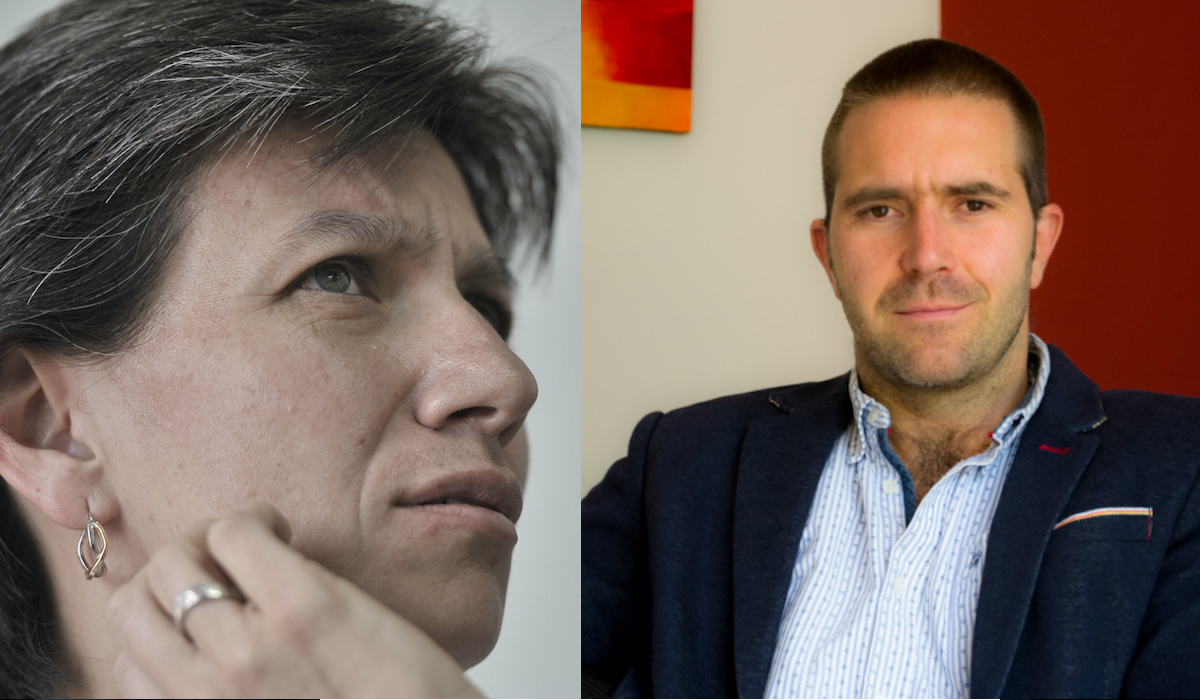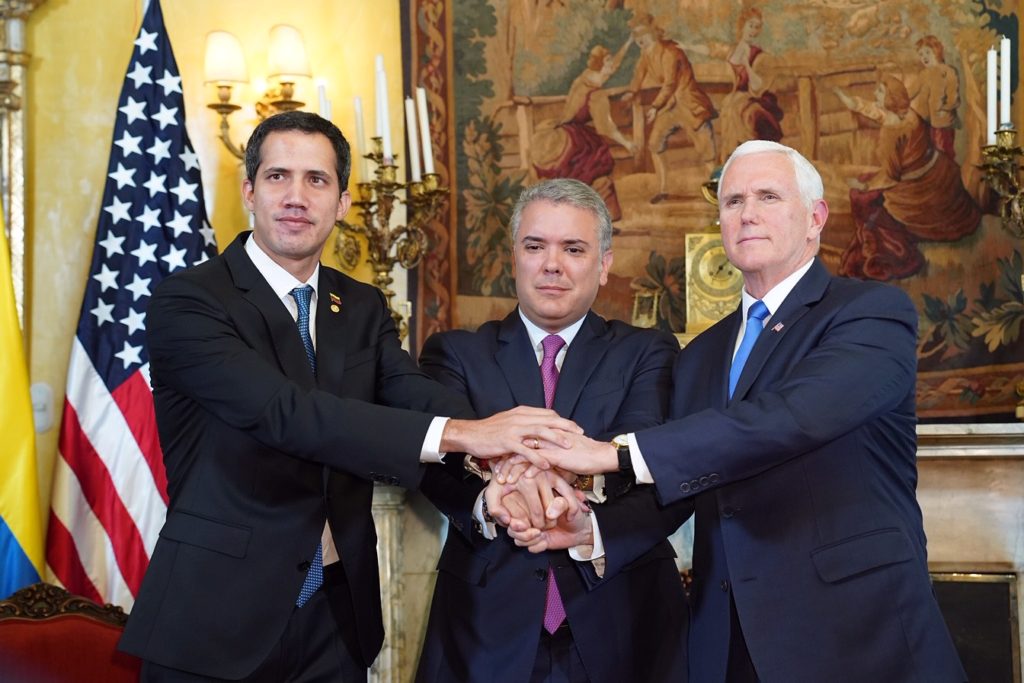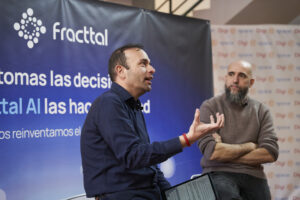As the frontrunner for Colombia’s 2018 Presidential Election, Claudia López may be a political outsider with only 3 years of senate experience, but her academic credentials are impeccable. Ms. López has degrees in finance, government and international relationships, with her masters degree in Public Administration and Urban Politics from the University of Columbia in New York, and a Ph.D. in Political Science from the Northwestern University. She is also the author of a book, “¡Adiós a las FARC! ¿Y ahora qué?” (Goodbye FARC! Now what?), in which she presents her political positions and her government proposals. Ms. López also writes regularly in her column with Colombia’s Semana magazine, in which she vehemently and frequently criticizes the government.
In the works that she has published, Ms López states that she believes in the State as the ultimate instrument to maintain social well-being, including property rights and operation of markets. She has blamed the lack of State intervention as the cause of the country’s problems, and wrote that State intervention can never be too big, nor can there be an excess in regulations. Quite simply, Ms. López’s perspective is that the State is good if conscious and honest people run it, and it is bad if it is run by corrupt, selfish and ignorant politicians.
Some critics, including Libertarian Presidential Candidate Juan de Zubiría, have attacked Ms. López for her stance. If a corrupt state is the greatest problem facing Colombia, he wrote, how can increasing the state solve the problem?
Estas propuestas no solucionan nada. Dándole más poder al poder fortalecemos la corrupción @VenceAlCorrupto @ClaudiaLopez @AngelicaLozanoC pic.twitter.com/xA36DWXAPO
— Juan De Zubiria (@JuanDeZubiria) July 11, 2017
The answer is that Ms. López is a well-intentioned Statist. She believes that greater voter participation and voter vigilance will result in less corrupt politicians. For López, the current economic crisis does not depend on the lack of entrepreneurial innovation, but in the lack of voting and substitution of individual responsibility for the State’s obligation to protect one’s well-being.
All government-individual relationships are based upon John Locke’s social contract. In Ms. López view of the world, the State is a powerful entity that it is the responsibility of voters to keep it in check, while ceding individual rights to maintain the State.
However by seeking alliances with extreme leftists such as Jorge Robledo, who has openly supported the neighboring Chavista regime, López also paints a more terrifying picture of Colombia. That vision is one of a totalitarian country whose people are dependent upon an all-powerful government that could easily abuse that power to evolve into a socialist or communist totalitarian state.







